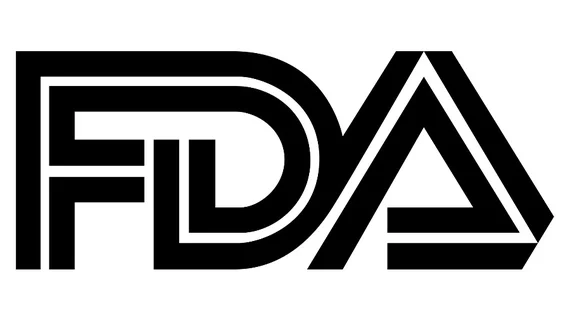FDA OKs rivaroxaban for CV event reduction in patients with CAD, PAD
The FDA has approved rivaroxaban to reduce the risk of major cardiovascular events including stroke, myocardial infarction and cardiovascular death for people with chronic peripheral or coronary artery disease (PAD/CAD). Rivaroxaban, which is sold under the brand name Xarelto, is the first factor Xa inhibitor to be approved for both of those conditions, according to an Oct. 11 announcement from the Janssen Pharmaceutical Companies of Johnson & Johnson.
The expanded indication for the drug was supported by results of the 2017 COMPASS trial, which was stopped early when a significant difference in cardiovascular events became evident in patients treated with rivaroxaban plus aspirin versus people treated with aspirin alone.
Rivaroxaban reduced the risk of a composite of stroke, heart attack and cardiovascular death by an absolute 1.3 percent compared to aspirin monotherapy, with relative reductions of 42 percent for stroke, 22 percent for cardiovascular death and 14 percent for heart attack in those treated with low-dose rivaroxaban (2.5 mg twice daily) plus 100 mg of aspirin. The risk of major bleeding was an absolute 1.2 percent higher in rivaroxaban patients, but there was no significant increase in fatal or intracranial bleeds.
"Treating patients with aspirin only is simply not enough to address the underlying thrombotic risk that comes with chronic CAD and PAD," Kelley Branch, MD, MSc, an associate professor in cardiology at the University of Washington, said in the release. "As we saw in the COMPASS trial, the dual pathway approach of aspirin and the 2.5-mg, twice-daily dose of Xarelto can help significantly reduce the risk of CV events in these populations."
Rivaroxaban is already indicated for stroke and clot prevention in nonvalvular atrial fibrillation; the treatment of deep vein thrombosis (DVT) and pulmonary embolism (PE); reducing recurrent DVT and PE events; and clot prevention in the legs and lungs following hip or knee replacement surgery.
The new indication differs from those scenarios in that it is to treat patients with a stable, chronic disease, rather than following specific events or surgeries. It represents a bit of good news for drugmakers Janssen and Bayer, who recently had to stop a trial of rivaroxaban in patients who had undergone TAVR due to an increased risk of thromboembolic events, all-cause death and bleeding.

